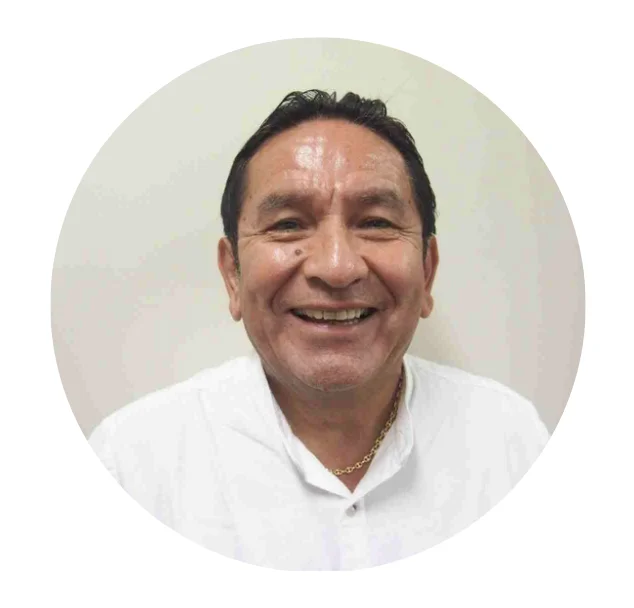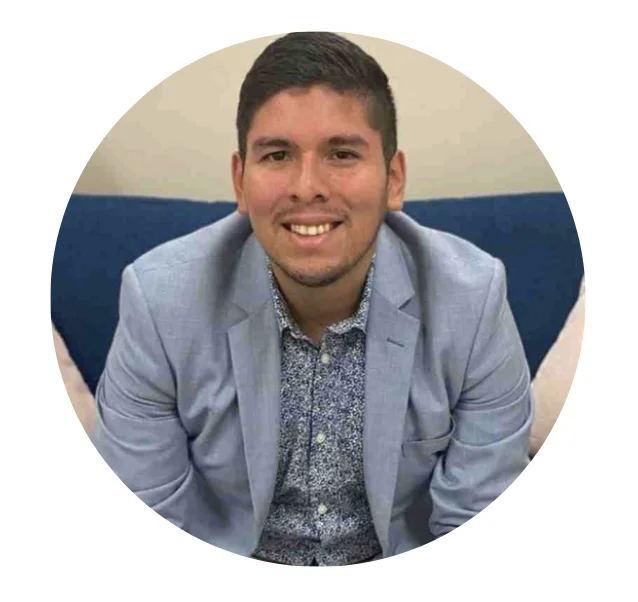What is Free Association?
Free association is a therapeutic method developed by Sigmund Freud as a technique used in psychoanalysis (read about this here!) to explore the unconscious mind by providing patients with the complete freedom to express their thoughts. In this article, we explore what exactly free association is, how the idea came about and how it is used by therapists today.
How free association works
According to Freud’s psychoanalysis, the human psyche avoids pain and emotional suffering by developing defence mechanisms such as projection, denial and transference. These tend to manifest in problematic behaviours, which often emerge throughout the patient’s interactions – including within the client-therapist relationship, potentially impeding therapeutic progress. As such, Freud viewed free association as a way of circumnavigating the common defence mechanisms experienced in therapy in order to uncover the ‘emotional pain’ stored in the unconscious – this, in theory, allows the patient to address their defense mechanisms and correct problematic behaviours, in order to alleviate distressing symptoms. Freud viewed free association as the ‘fundamental technical rule’ of psychoanalysis and importantly, noted that the therapist’s withholding of judgment, prompting, and directing in therapeutic conversations was critical in this process.
Why they’re called ‘free’ associations
Traditionally, free association encouraged patients to talk about any and all thoughts, feelings, and memories that spontaneously come to mind – regardless of whether they were linear or coherent. This could take the form of a sequence of words or phrases with no association to each other. Hence the term ‘free association’, referring to the fact that clients produce a stream of words or phrases that may be free of association from each other – e.g., “camel; green blanket; drive; cereal; rainy morning”. In psychodynamic therapy, the therapist takes note of the ways in which the client moves from one thought, idea, or representation to the next.
A modern approach to free associations
In contemporary psychodynamic practice, free association may be used by asking a client to report all the memories, thoughts or feelings connected with a certain event, respond to stimuli (e.g., various images) with the first thought that comes to mind, or the therapist may simply engage the client in a free-flowing conversation, allowing them to discuss anything they desire. The common factor in each is authenticity – that the reported thoughts, feelings and memories the client shares with the therapist are genuine. This, of course, is facilitated by the ‘psychological space’ cultivated by the therapist. In psychodynamic therapy, the therapist provides an environment of non-judgmental curiosity, openness and acceptance, encouraging the client to freely share their internal experiences. Psychodynamic therapy aims to ‘make the unconscious conscious’, which is said to be largely driven by free and open dialogue – making therapist-client rapport a crucial factor in therapy outcomes. The less reserved and the more genuine and authentic the client is able to be in the content they share in session with the therapist, the more insight can be gained into the client’s unconscious motivations.
Check our our related blog articles:
- Psychoanalysis and the Benefits of Psychodynamic Therapy – Copecentre
- The Unconscious Mind – Copecentre
References:
Meet Our Team
We know just how important it is to find the right psychologist for you. At COPE, we offer a selection of skilled and empathetic psychologists to cater to your needs. Take a moment to read through our team profiles and see who best suits your needs.
When choosing a psychologist, it’s important to consider the conditions they work with, their relevant experience, the style of therapy, the age group of clients they work with and most importantly, you need to feel comfortable with who you’re working. Need our help or recommendations? Our friendly and experienced reception team will happily guide you to the right psychologist by finding out what your individual needs are.


